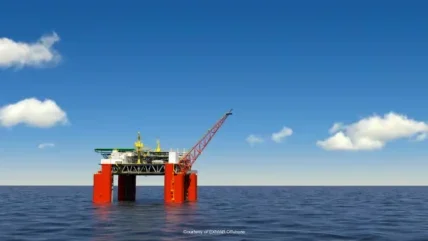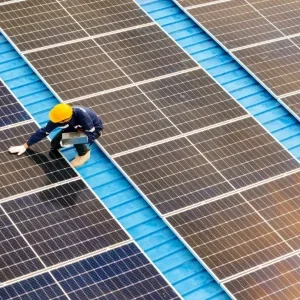
BP has finalised its investment decision for the Kaskida project in the US Gulf of Mexico, aligned with the company’s commitment to supplying secure, affordable, and reliable energy.
The Kaskida project will establish bp’s sixth hub in the Gulf of Mexico. It will feature a new floating production platform, designed to produce up to 80,000 barrels of crude oil per day from six wells during its initial phase. The commencement of production is scheduled for 2029.
BP production and operations executive vice president Gordon Birrell said: “Developing Kaskida will unlock the potential of the Paleogene in the Gulf of Mexico for BP, building on our decades of experience in the region.
“Technology has and will continue to play a pivotal role in propelling Kaskida from discovery to production. Together with the other resources we have in the Paleogene, we expect it to prove to be a world-class development. Today is a critical step in realizing its potential.”
Wholly owned by BP, the Kaskida field has discovered recoverable resources estimated at approximately 275 million barrels of oil equivalent from the initial phase. Additional wells may be drilled in future phases, pending further evaluation.
The project is fully integrated within bp’s disciplined financial framework, reflecting the company’s emphasis on value and returns.
Situated in the Keathley Canyon area, about 250 miles southwest off the coast of New Orleans, the Kaskida project opens up the potential for future development of 10 billion barrels of discovered resources within the Kaskida and Tiber catchment areas.
BP plans to utilise existing platform and subsea equipment designs that can be replicated in future projects to enhance cost efficiencies throughout Kaskida’s construction, commissioning, and operations.
Kaskida is situated in a prime location, benefiting from a stable fiscal regime and market access. It will also be BP’s first development in the Gulf of Mexico to produce from reservoirs requiring well equipment with a pressure rating of up to 20,000 pounds per square inch (20K).
Advancements in 20K drilling technology, combined with improved seismic imaging, are enabling bp to safely develop Kaskida and progress plans for other fields, such as Tiber, which is expected to reach a final investment decision next year.






